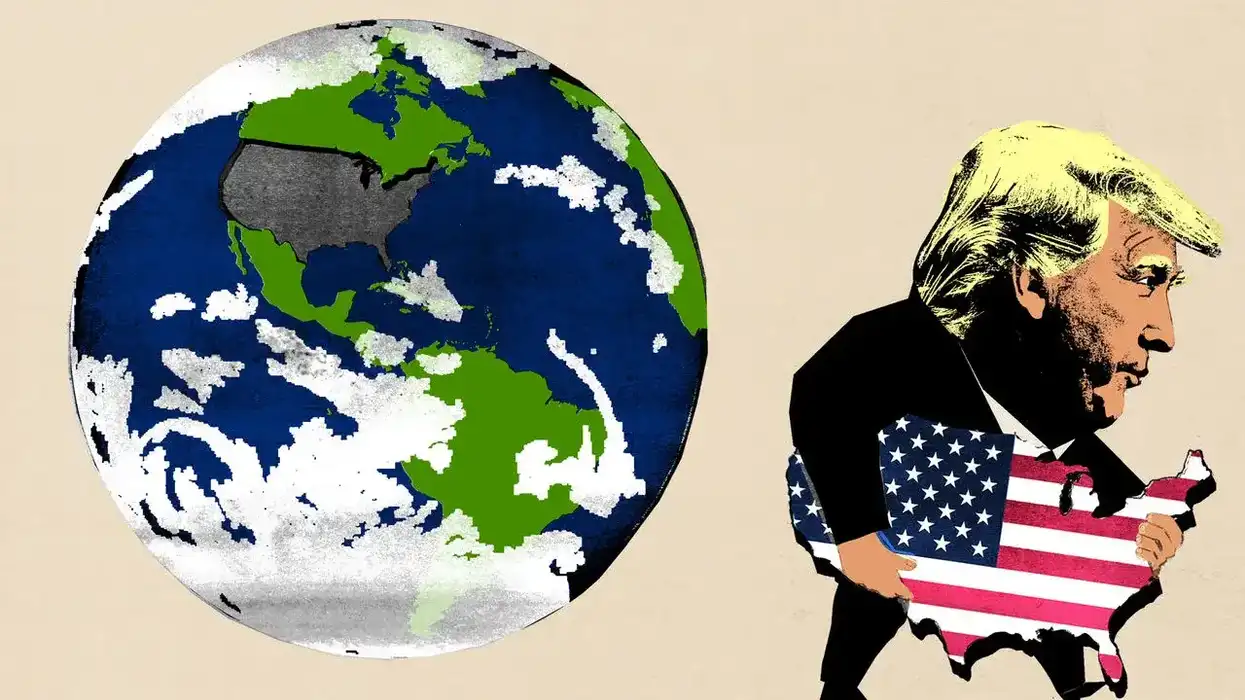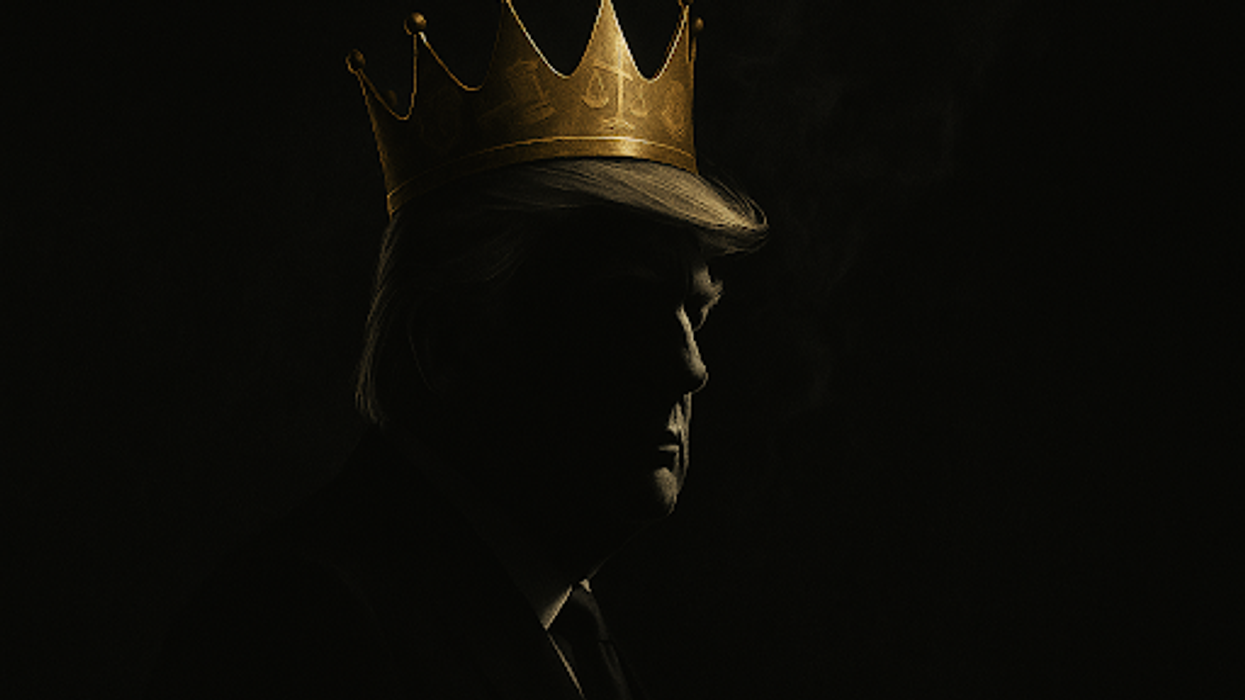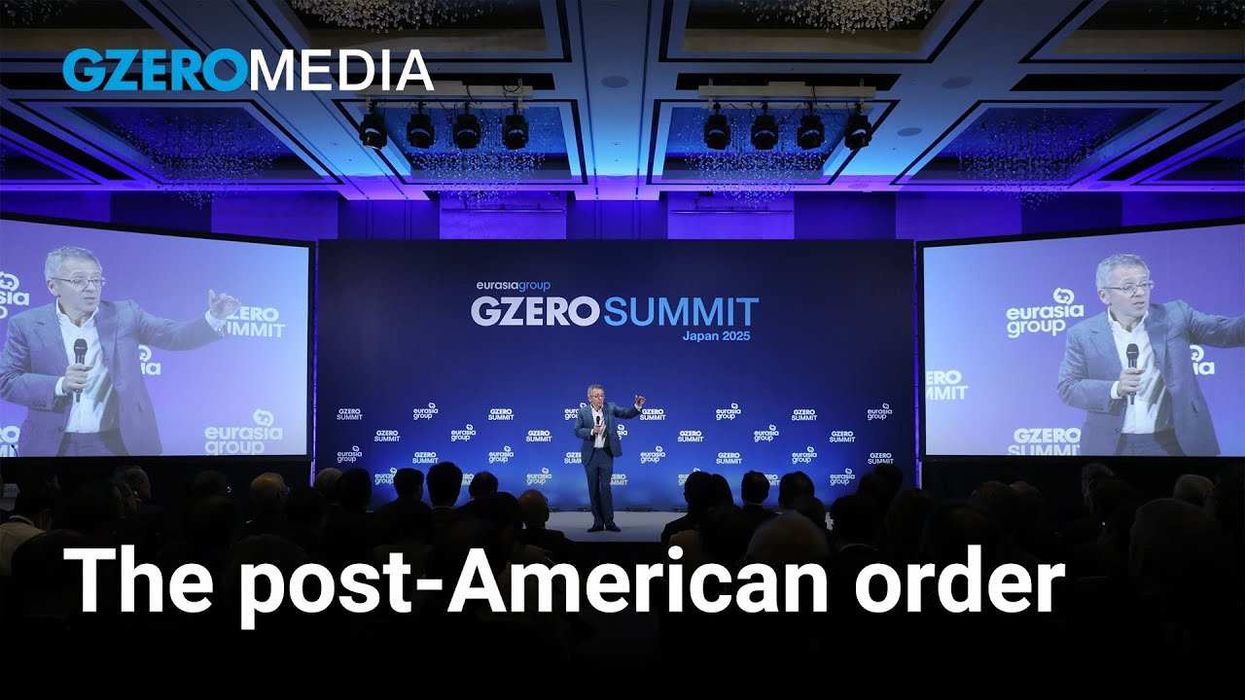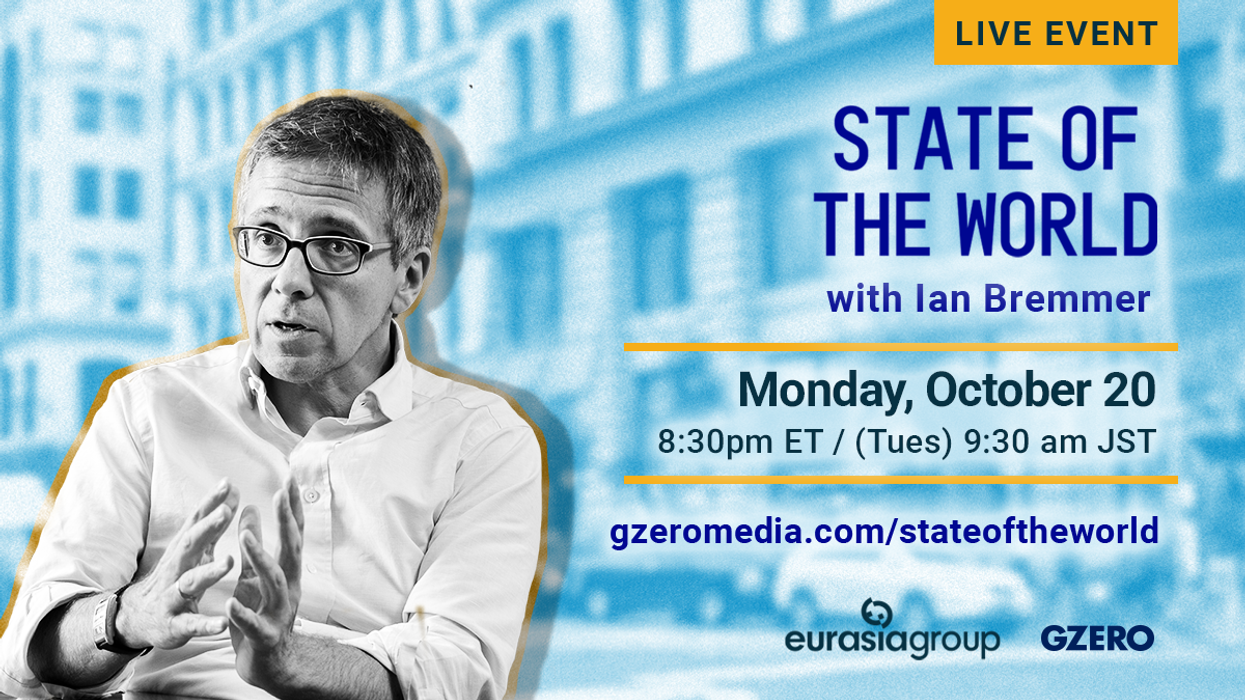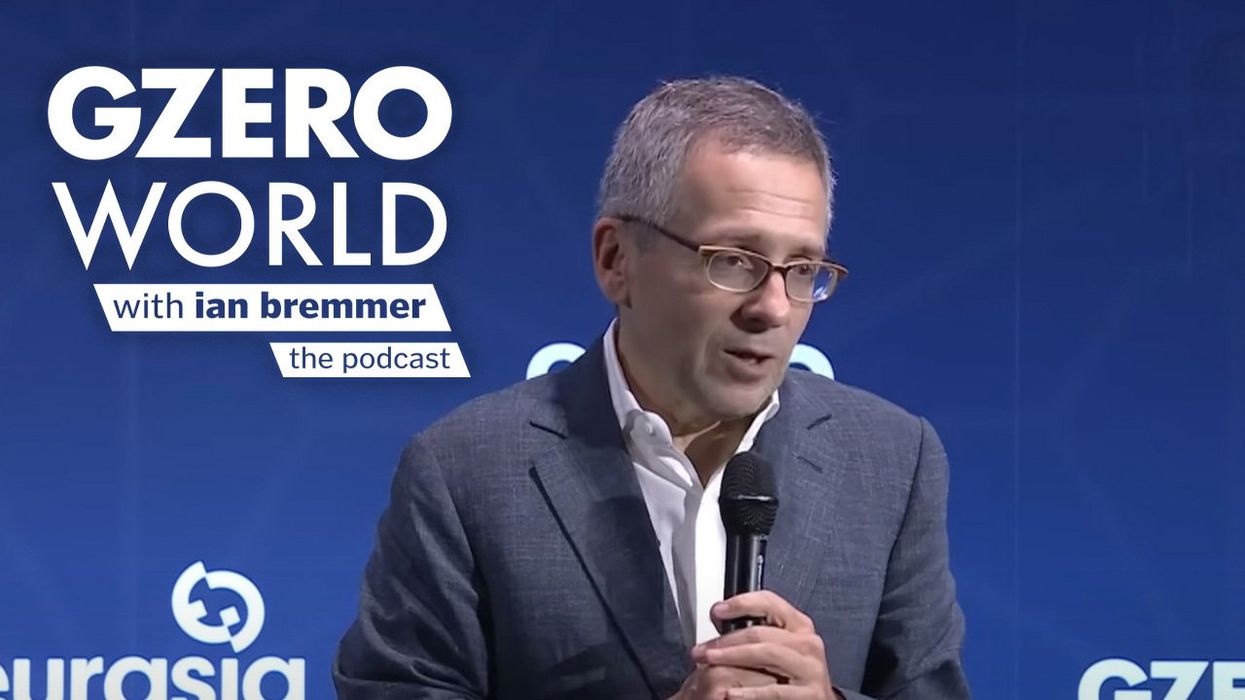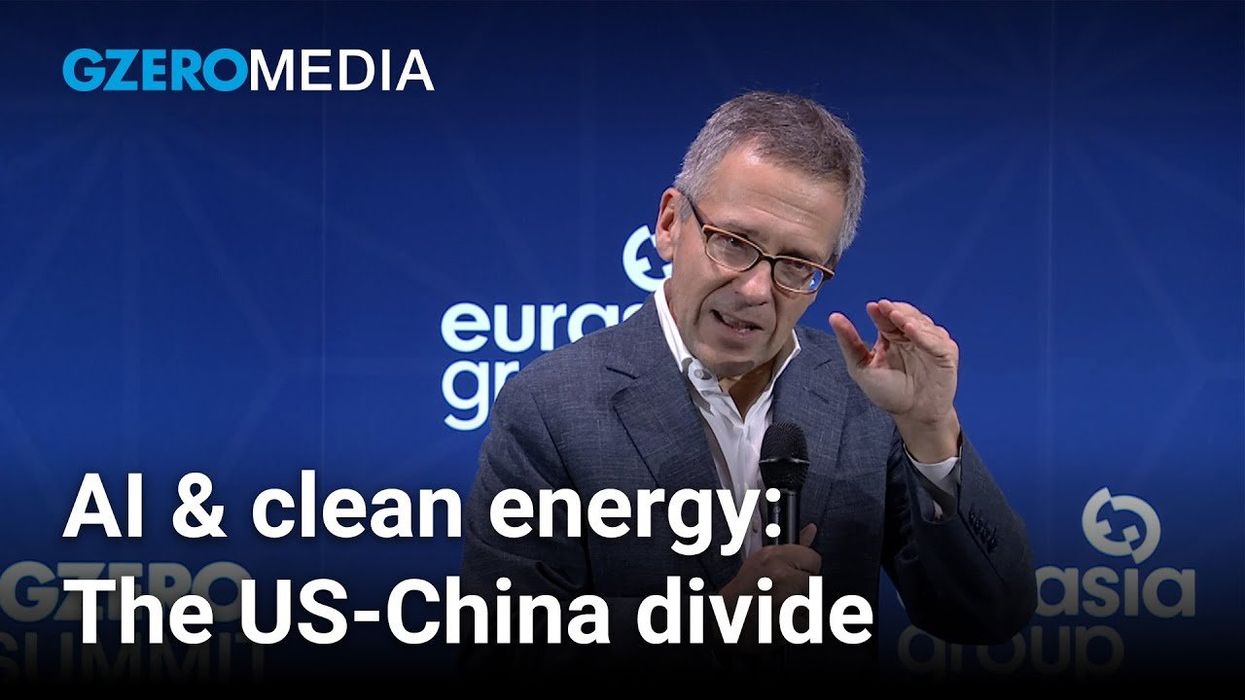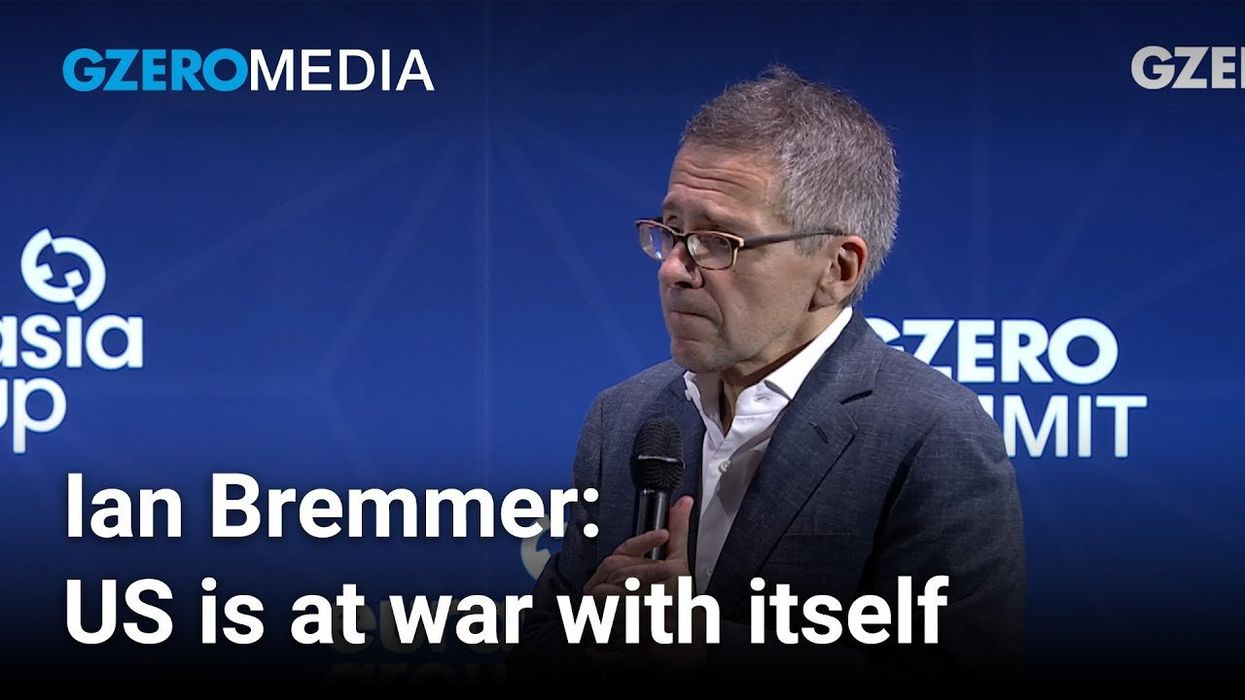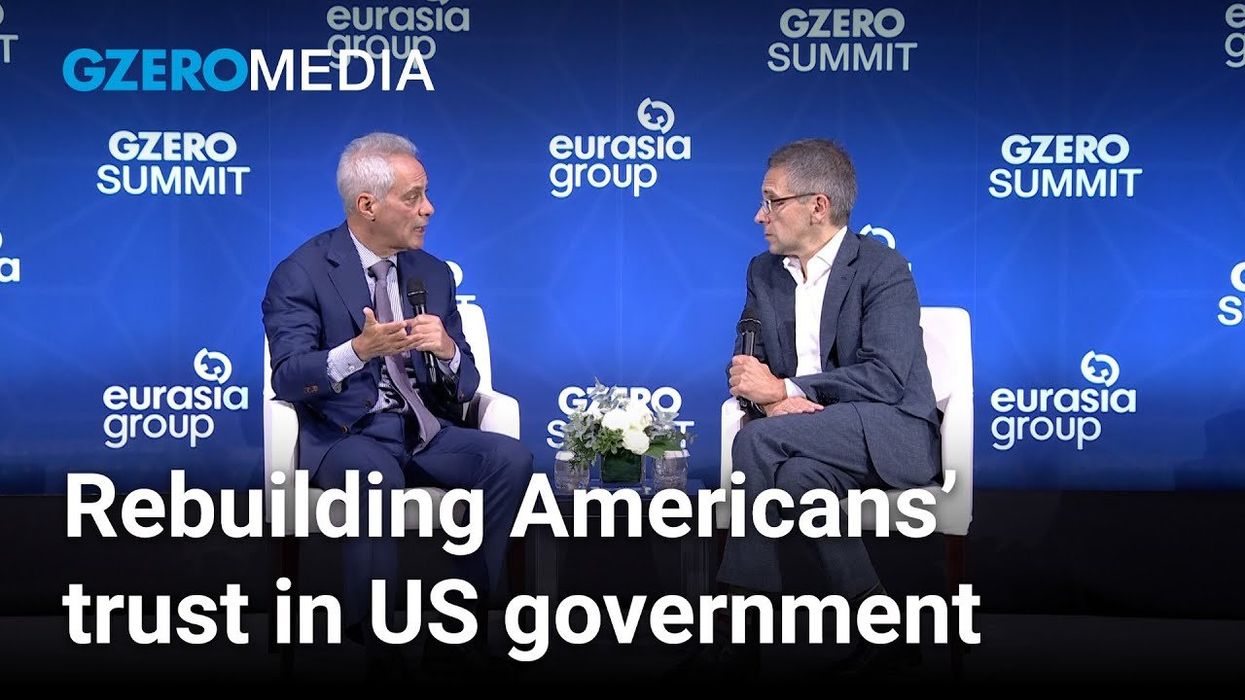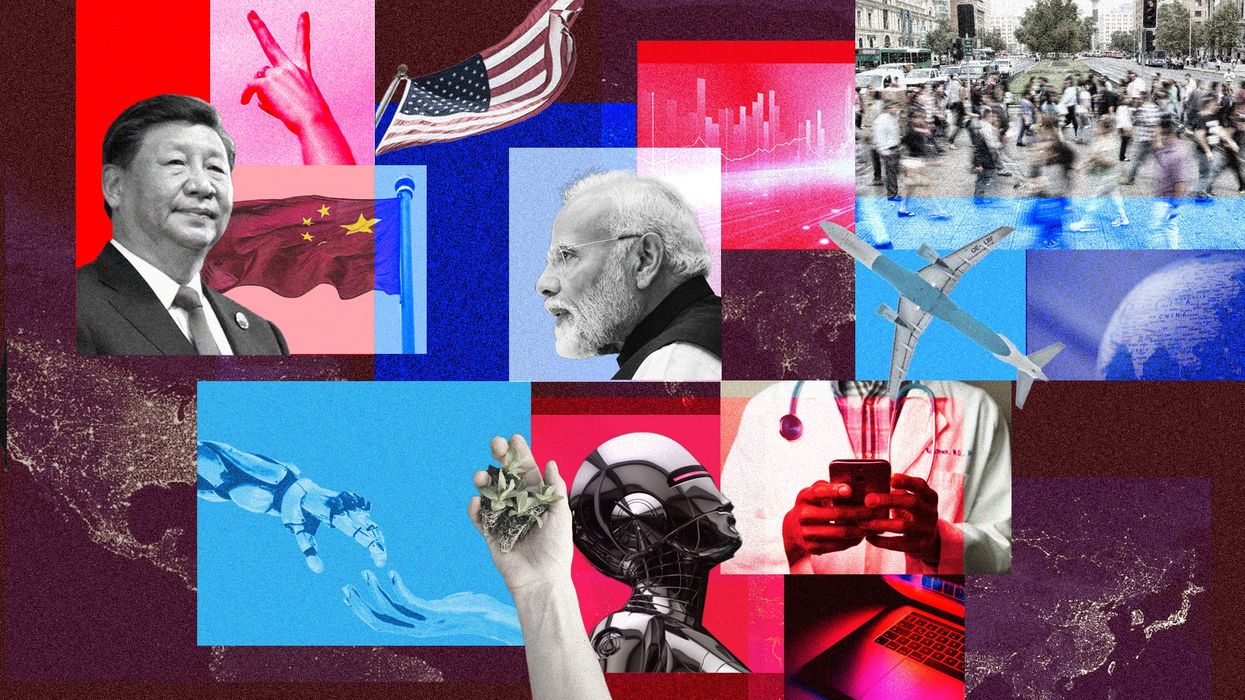by ian bremmer
The world’s response to America’s Revolution
Last week, I wrote about the political revolution that President Donald Trump has launched in the United States and how it has made America a fundamentally unreliable player on the world stage.
Oct 29, 2025
